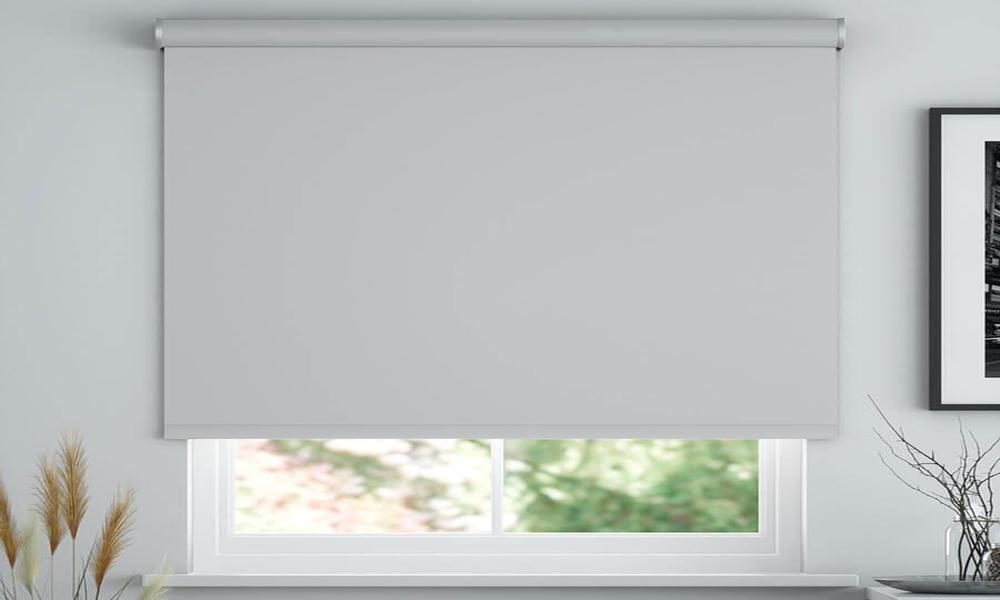What types of window shades are available in 2023, and what are the differences between them??

Window shades are a type of window treatment that can be used to provide privacy, light control, and insulation in your home. They are typically made of fabric or other materials and can come in a variety of styles, colors, and patterns. There are many types of window shades available in 2023, each with its unique features and benefits. Here are some of the most popular types of window shades and the differences between them:
Cellular shades:
Also known as honeycomb blinds, cellular shades have a unique, honeycomb-like construction that creates pockets of air, providing insulation and energy efficiency. They are available in a variety of colors, fabrics, and cell sizes, and can be customized for light control and privacy.
Roman shades:
Roman shades are a classic and elegant option for window coverings. They are made from soft fabric and fold up neatly when raised. They are available in many different fabrics and colors and can be customized for light control and privacy.
Solar shades:
Solar shades are designed to block out harmful UV rays while still allowing some natural light to enter your home. They are available in a variety of colors, materials, and opacities, and can be customized for light control and privacy.
Smart shades:
Smart shades can be controlled through your smartphone or home automation system, allowing you to adjust your shades from anywhere. They are available in many different styles and materials and can be customized for light control and privacy.
Are there any safety concerns to be aware of when using window shades?
Yes, there are several safety concerns to be aware of when using window shades, particularly for homes with children and pets. Here are some potential safety issues and how to address them:
Strangulation hazard: Cords and strings used to operate window shades can pose a strangulation hazard to young children and pets. It is important to keep cords out of reach by using cord cleats or other devices to secure them.
Toppling hazard: Heavy or unsecured window shades can tip over and fall, particularly if they are installed in a location where they may be bumped or jostled. Be sure to install shades securely and consider using cordless or motorized shades to reduce the risk of tipping.
Fire hazard: Some window shades are made from flammable materials, such as fabric or paper. Be sure to choose shades that are made from fire-resistant materials and keep them away from open flames or heat sources.
Mold and mildew: Window shades can trap moisture and become a breeding ground for mold and mildew, which can be harmful to your health. Be sure to clean your shades regularly and choose shades made from materials that are resistant to mold and mildew.
By being aware of these potential safety concerns and taking steps to address them, you can help ensure that your window shades are a safe and functional addition to your home.






